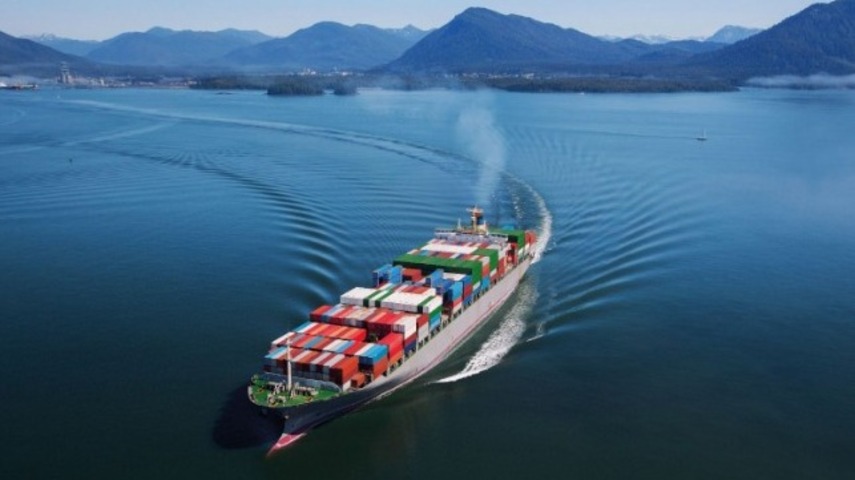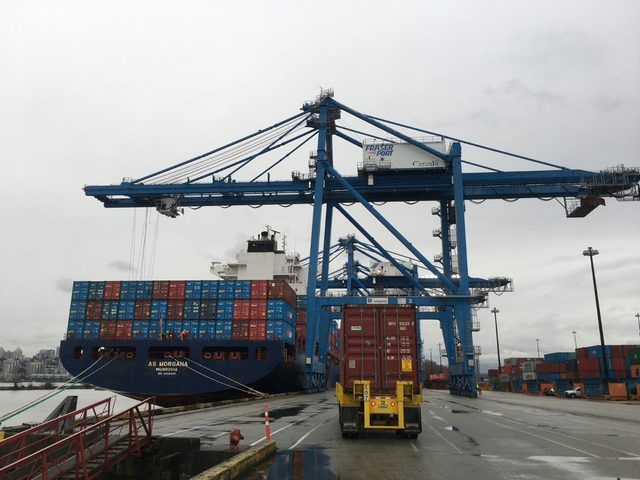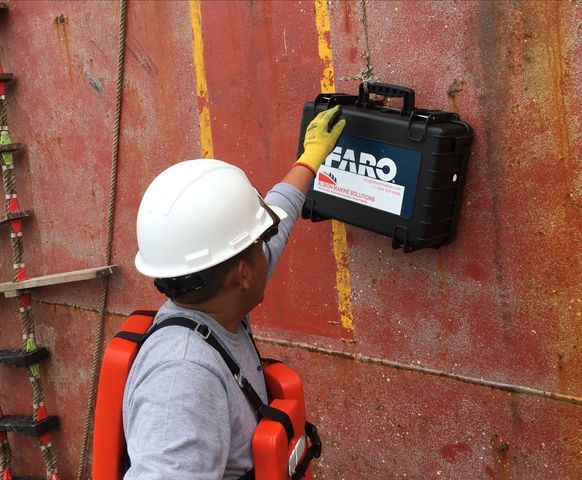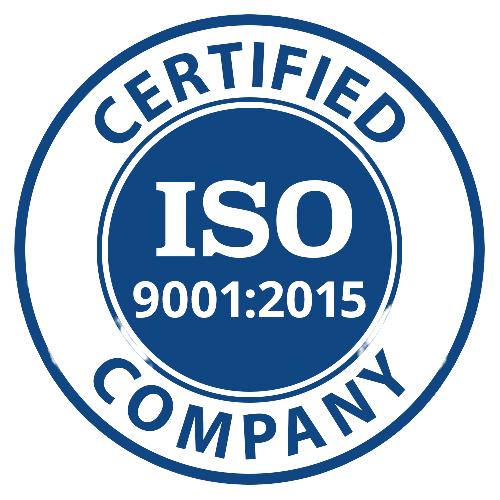There is much to read about different approaches to low carbon shipping, but very little of it actually guides you, as a tanker operator, as to what you should do. ABS is aiming to fill this gap. A starting point for each shipping company could be to follow IMO’s targets of reducing carbon intensity by 40 per cent by 2030 and 70 per cent by 2050, says Sotirios Mamalis, manager sustainability, fuels and technology with ABS. Each company will have its own roadmap to do this, based on the composition of its fleet and operations.
For example, ABS designed a model for a shipping company operating 10 bulk carriers today (2020). It could achieve the 2030 target first by reducing speed of all vessels by one knot. In 2023, it could replace three of the vessels with new LNG fuelled vessels (or retrofit 3 of the vessels to run on LNG). In 2025, it could introduce biofuel into 3 of the other vessels. This would add up to a 49 per cent reduction in CO2 emissions over 2020 to 2030. We don’t need to change everything. ABS predicts that by 2050, 40 per cent of maritime fuels will still be oil based, while 35 per cent will be zero carbon fuels, either hydrogen or ammonia. A smaller fraction will be others, such as biofuels, methanol, LNG and LPG. More information: Tanker Operator







.jpg)

